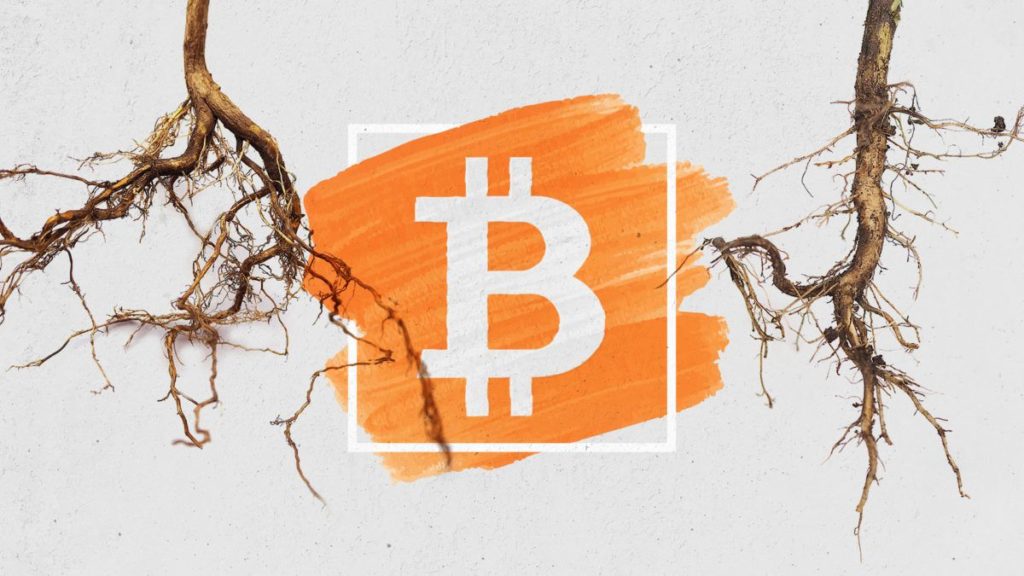
Bitcoin's future after the Taproot update is unimaginably bullish
From Taproot's GitHub documentation, the update is essentially a "proposed Bitcoin protocol update that can be implemented as a later version compatible soft fork." The taproot will play an important role in improving the scalability of the Bitcoin network and transactions will become much more private. Excerpts from the GitHub documentation further explain how this will happen.
"By combining the Schnorr signature scheme with MAST (Merklized Alternative Script Tree) and a new scripting language called Tapscript, Taproot will expand the flexibility of Bitcoin's smart contract, while offering more privacy and allowing users to mask more smart contracts. as complex as a normal bitcoin transaction ".
The upgrade will have a significant effect in reducing the load level currently carried by the network. The level at which Bitcoin processes transactions will become faster and the transaction fees will drop significantly. All these changes are intended to precede the reduction of network transaction space, thanks to the Taproot update.
Taproot is already gaining tremendous support from members of the Bitcoin community
For the Bitcoin community since 2017, Taproot will be the biggest update since the Segregated Witness (Segwit) update was activated. Taproot was first introduced by software developer Gregory Maxwell in 2018.
The only pullback that can hinder the implementation of Taproot at this point is a dismissive response from network operators. But as leading cryptocurrency industry personality Alejandro del la Torre told Coindesk, there's a good chance Taproot will be approved.
In order for Taproot to be approved, the “Speedy trial” must be completed by miners who are obliged to update their nodes and confirm that they are supporting Taproot. The 2.016 retarget period must see a maximum of 90% of the blocks show interest in Taproot before it is blocked and is expected to start in November. Currently over 25% of the network's SHA256 hashrate has approved the update.
While Bitcoiners remain excited about what's to come, Ethereum backers are anticipating the launch of EIP-1559 in July. After the activation of the network update on the Ethereum and Bitcoin ecosystem, competition between the two assets is likely to intensify.
But who in the end will be able to win. Ethereum will never succeed in overcoming Bitcoin. To us it honestly seems like a pretty unlikely scenario, but let us know what you think in the comments below.
